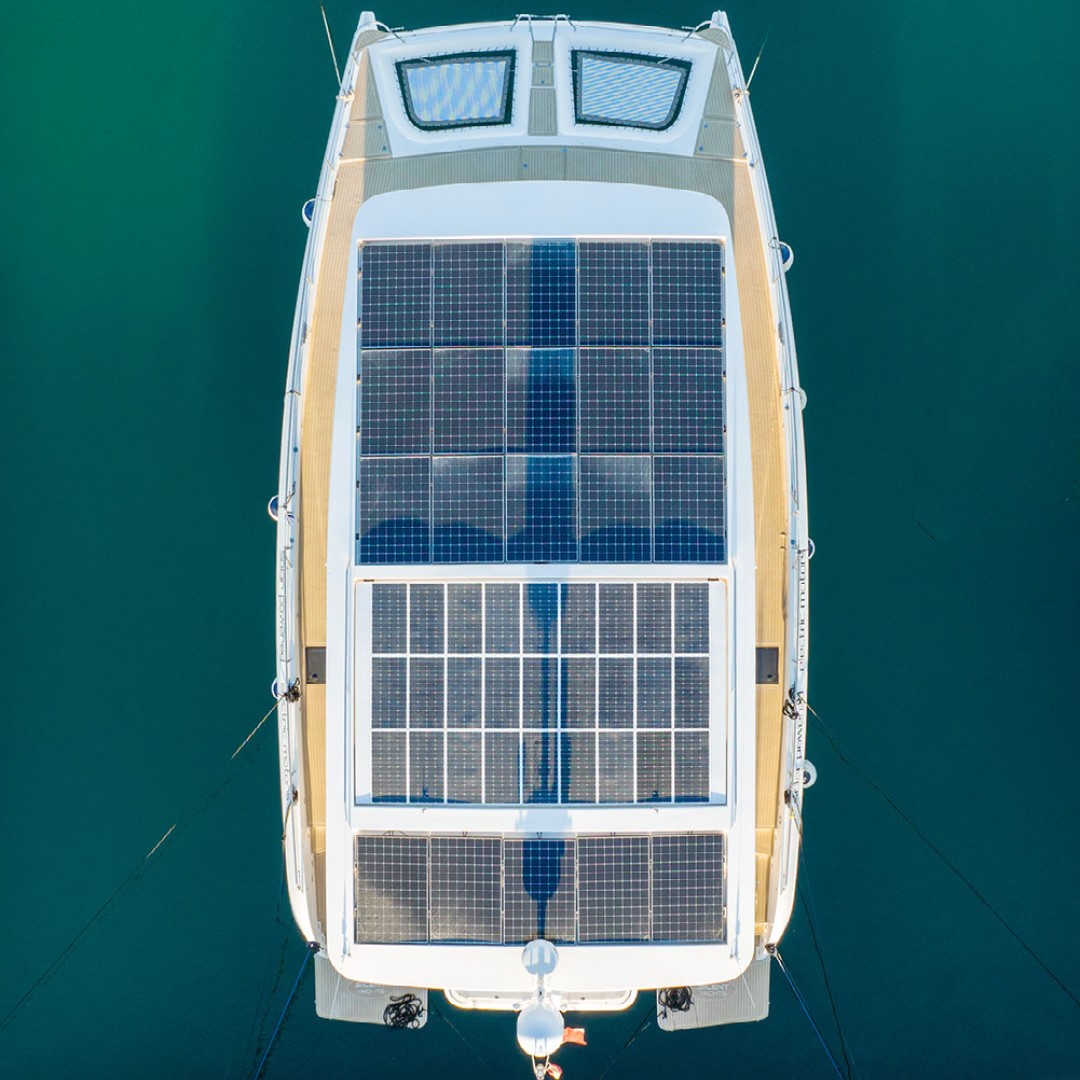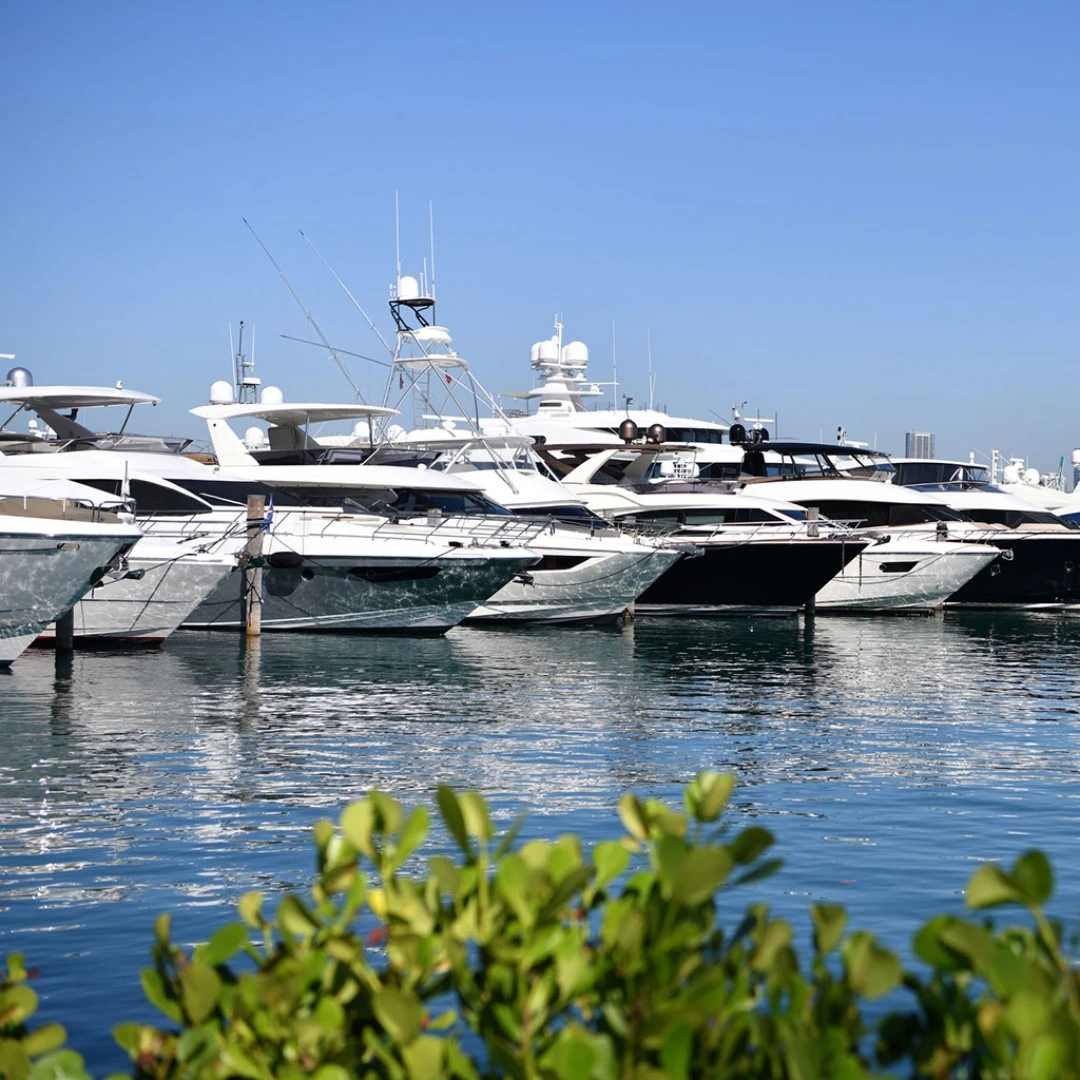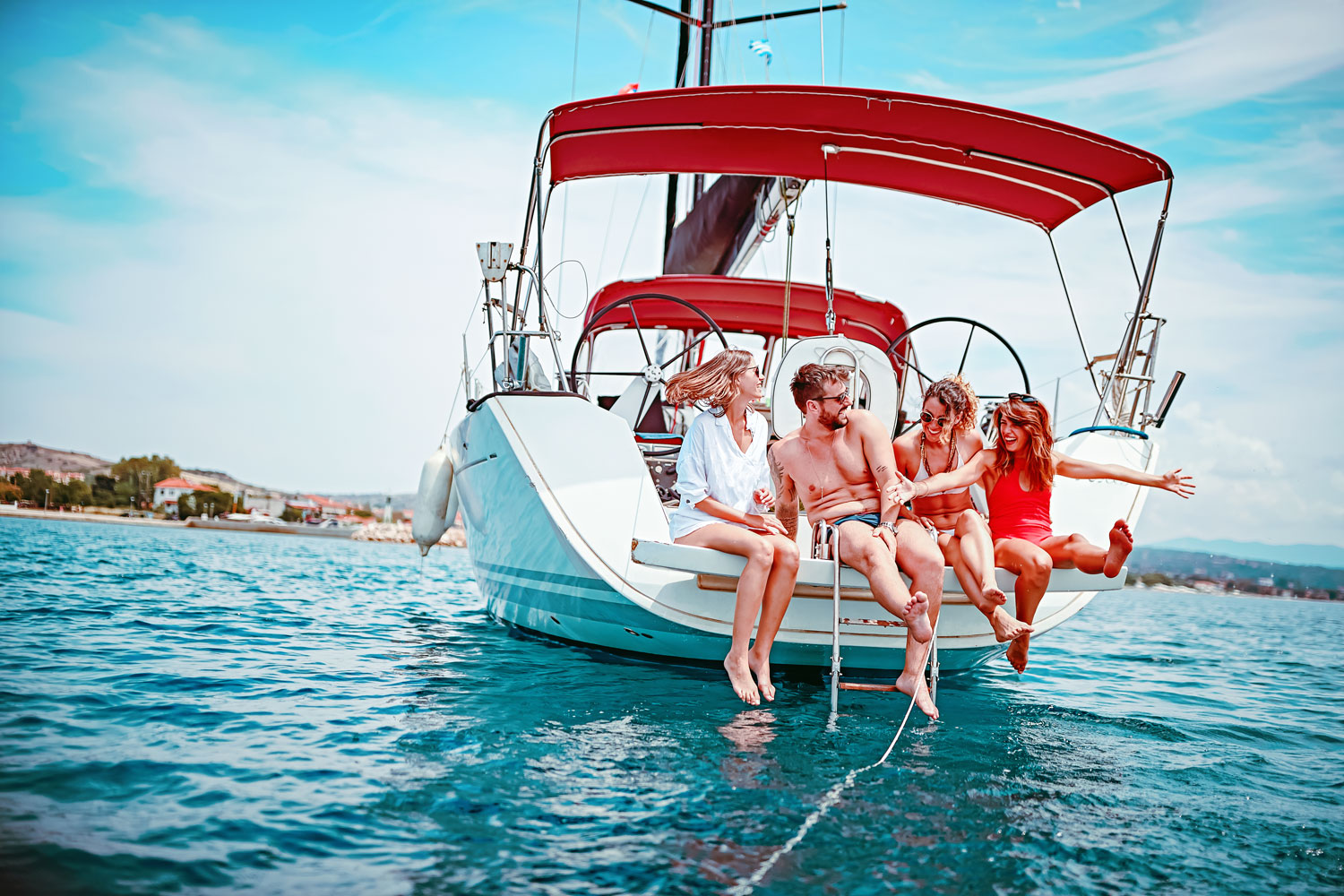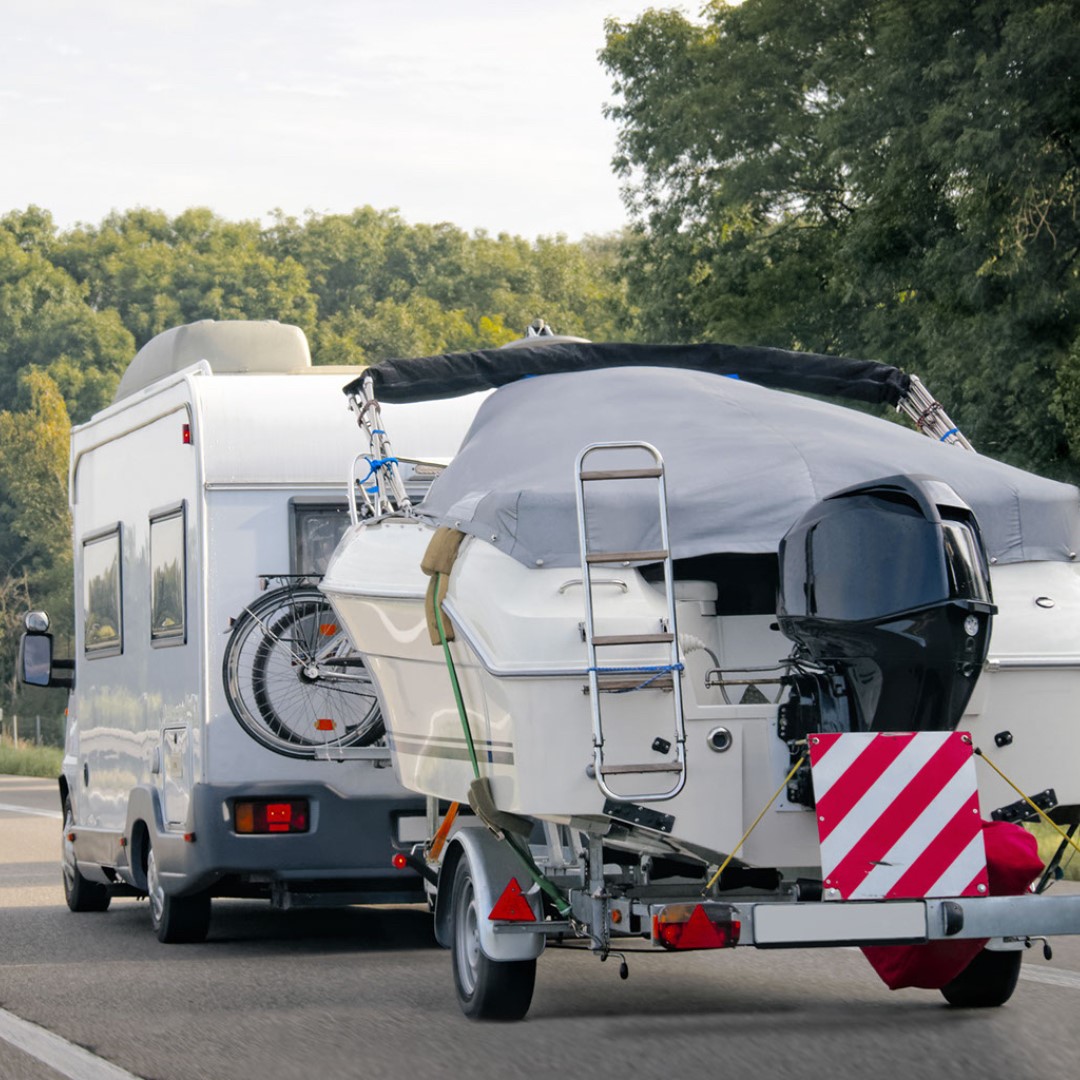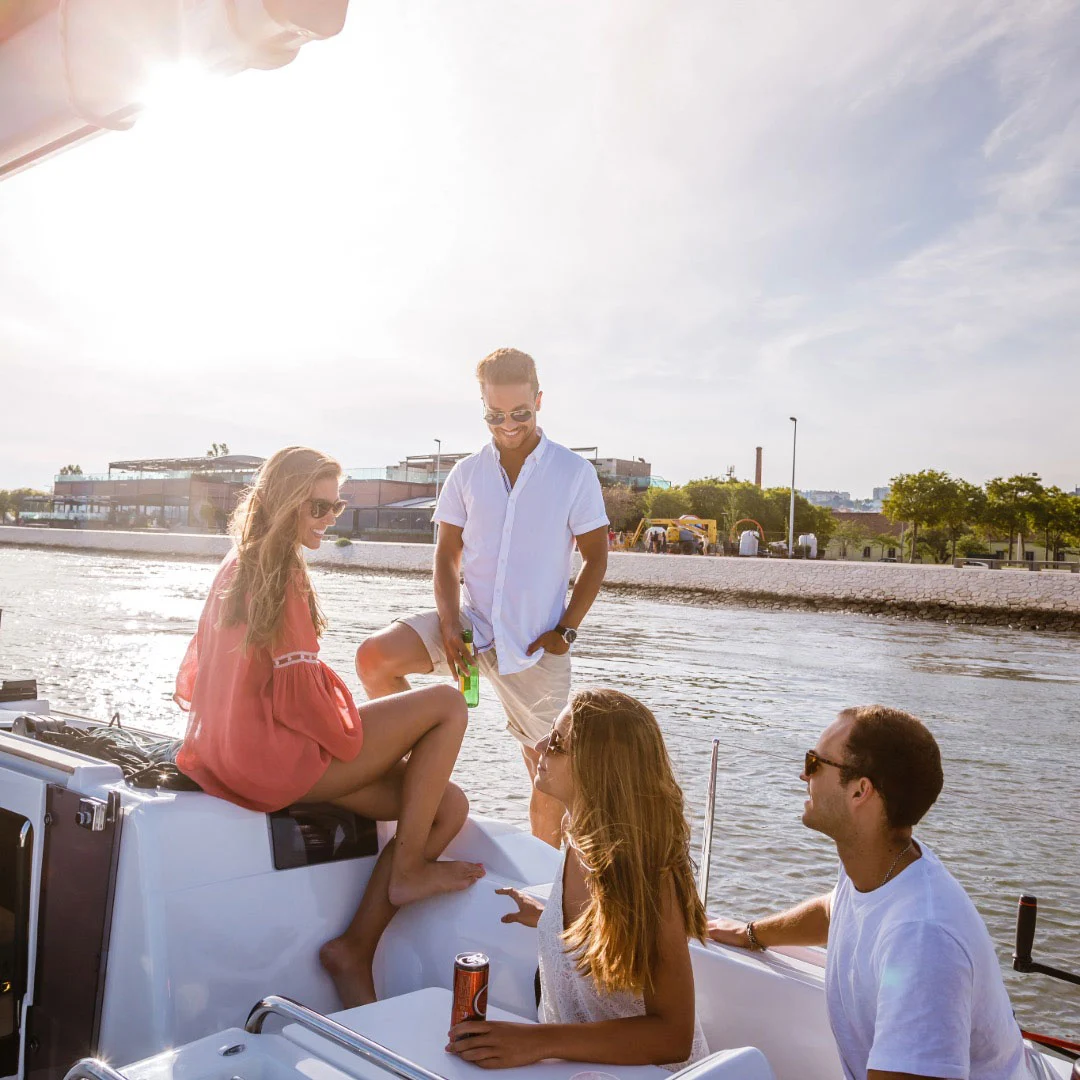As we navigate through 2023, the world of recreational boating continues to evolve with exciting new trends and innovations. Boaters today are seeking unique experiences and enhanced features to elevate their time on the water, but it’s essential to stay informed about the latest trends shaping the industry. In this article, we’ll explore the top recreational boating trends, ensuring you’re keeping up with the wave of change.
Smart Technology
Boaters now have access to a range of cutting-edge features that enhance their on-water experience. Advanced GPS systems with real-time weather updates, remote monitoring and control capabilities, and integrated entertainment systems are just a glimpse of the innovative technologies reshaping the industry. These boats are equipped with advanced features that enable seamless communication with smartphones and other devices.
Among the latest additions to the connected boating lineup are smart gauges, providing real-time information on fuel consumption and performance. Boaters can conveniently access these gauges through a smartphone app from any location. As the demand for seamless connectivity and convenience grows, expect to see further advancements and innovations in smart technology integration throughout the year. Connected boats are poised to dominate the recreational boating scene, enhancing the overall boating experience for enthusiasts in 2023.
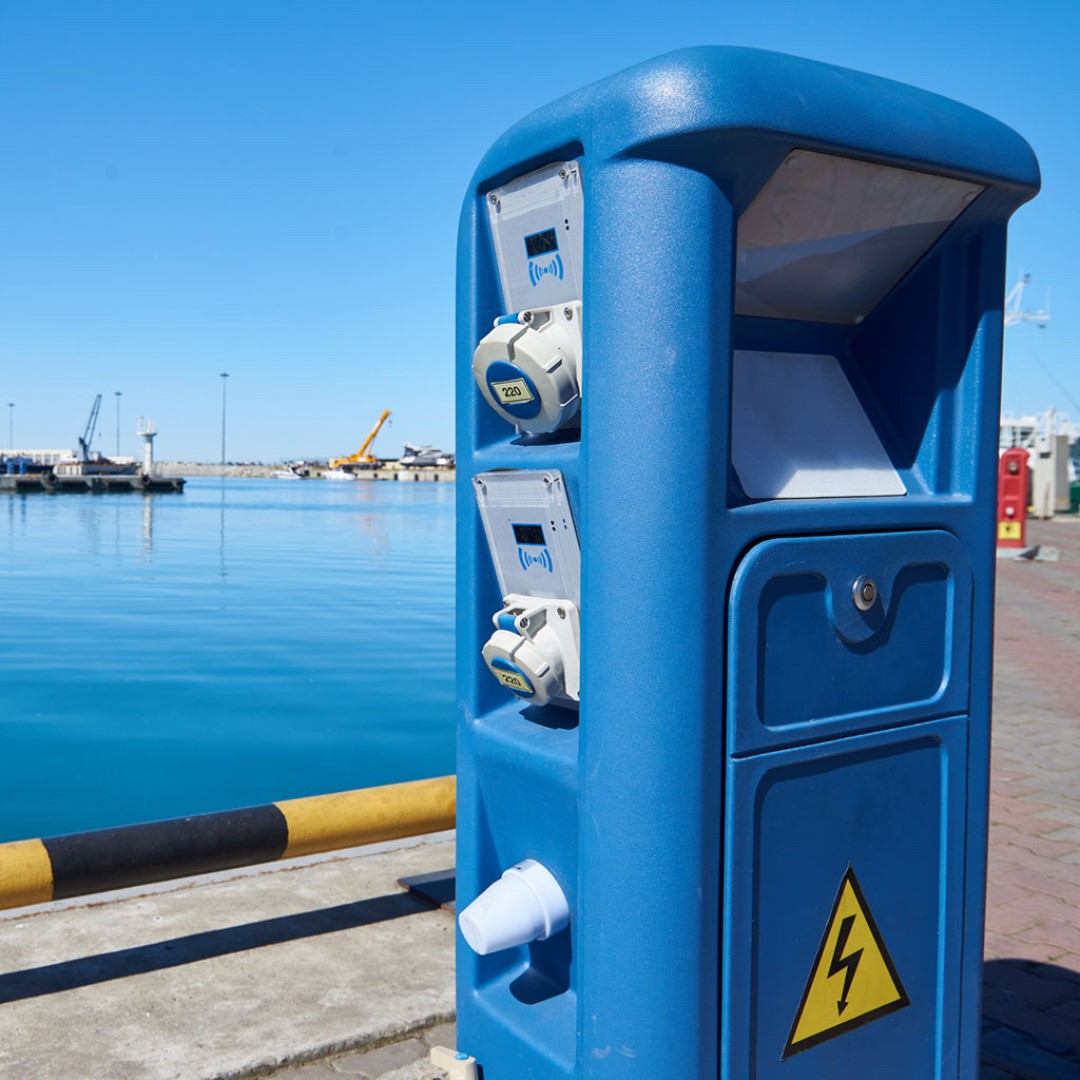
Electric Power
One of the most significant trends in the boating industry is the shift toward electric power. As environmental consciousness grows, boaters are increasingly opting for electric-powered vessels. Electric boats offer numerous advantages, including quieter operation, reduced carbon emissions, and lower maintenance costs. With advancements in battery technology, electric boats now offer extended range and improved performance.
Advancements in battery technology have been pivotal in driving the adoption of electric boats. Modern lithium-ion batteries are more efficient, compact, and capable of storing larger amounts of energy compared to earlier generations. These advancements have resulted in extended range capabilities for electric boats, addressing one of the initial concerns that some boaters had regarding limited cruising distances.
As the boating industry continues to embrace electric power, the development and availability of charging infrastructure is also on the rise. Marinas, harbors, and other boating facilities are incorporating electric charging stations to support the growing demand for electric boats.
Sustainable Materials and Design
In line with the global sustainability movement, boat manufacturers are prioritizing eco-friendly materials and design practices. This shift extends from hull construction to interior furnishings, with a growing demand for sustainable alternatives. Recycled materials and bio-based composites, including reclaimed wood, are gaining popularity in boat manufacturing.
Furthermore, boat designs are being optimized for efficiency such as energy efficient propeller systems with a focus on reducing fuel consumption and alternative fuels to reduce our carbon footprint and avoid an environmental impact.
Solar panels are gaining popularity as a sustainable and renewable energy solution for boats. By harnessing the power of the sun, solar panels provide a reliable source of electricity to meet various onboard needs. They are typically installed on the deck or roof of the boat, where they can capture sunlight and convert it into usable energy. Solar panels on boats offer the advantage of generating electricity silently and without emitting any harmful emissions, powering lighting, navigation equipment and charging the boats batteries.

Hybrids
In 2023, a shift towards multifunctionality is transforming the boating industry, breaking away from the limitations of one-dimensional boats. This evolution is evident in the rise of hybrid boats, which combine various aspects from different boat types, enabling boaters to enjoy multiple functions in a single craft. Imagine a boat designed for fishing with a built-in swim platform, seamlessly merging two activities into one.
On-deck options provide customizable configurations and smart storage solutions to enhance the boating experience. These innovative vessels feature modular seating arrangements that can be rearranged or removed, creating additional space as needed. Cleverly designed storage compartments and integrated equipment holders ensure an organized and clutter-free environment, accommodating various needs from fishing gear to water sports equipment or picnic essentials.
Some hybrid boats even offer convertible elements, such as adjustable tables that effortlessly transition between dining areas, functional workspaces, or comfortable lounging spots. With these adaptable on-deck options, boaters can seamlessly switch between activities, adapt to changing needs, and maximize both comfort and functionality throughout their boating journeys.
The combination of smart technology and sustainable practices has accelerated the shift towards greener and more sustainable boating. Boaters are seeking ways to enjoy their time on the water while minimizing their environmental footprint. Manufacturers and industry stakeholders are responding to this demand by developing innovative technologies, offering eco-friendly options, and promoting sustainable boating practices. The future of boating is focused on enhancing the boating experience through smart technology while preserving and protecting our precious waterways for generations to come.
More for you to read;
The Environmental Impact Of Antifoul Black Paint And Its Influence On Orcas’ Behavior.
